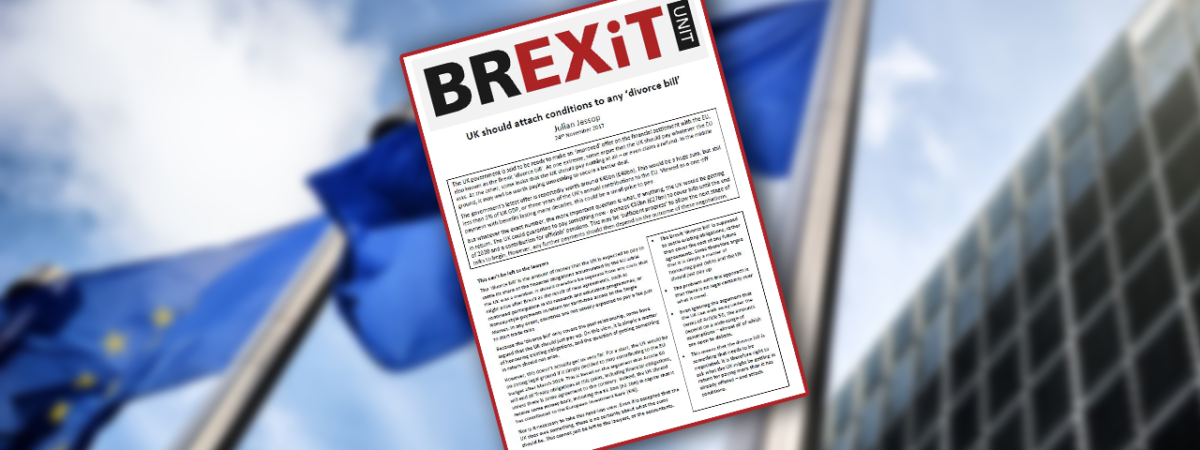Is sterling devaluation the path to prosperity?
SUGGESTED

IEA Brexit Unit releases briefing on Brexit divorce bill

It's time to let London black cabs set their own rules

IEA & John Mills publish report on the pros and cons of devaluing the pound
John Mills is one of Britain’s most stimulating economic thinkers. Unusually, he has many decades of practical business experience and is also more commonly associated with the political left than the right. It is therefore an immense pleasure to engage with him on some of the most important challenges facing the UK economy today.
John’s main contention is that a resurgent manufacturing sector is the key to solving the problems of sluggish real wages and low productivity, and that policy-makers should engineer a substantial fall in the value of the pound to help achieve this. In his words, he is seeking ‘a way of combining the Keynesian legacy of substantial and sustainable economic growth with the neoliberal goal of low and stable inflation’.
However, this raises many questions, especially from a free market perspective. Has John diagnosed the problems correctly? Can the government successfully manage the exchange rate without any gains in competitiveness being eroded by higher inflation? Above all, is it even right to try?
This paper summarises John’s views, with a response from the IEA’s Chief Economist, Julian Jessop. Let the debate begin.
Fullscreen Mode




